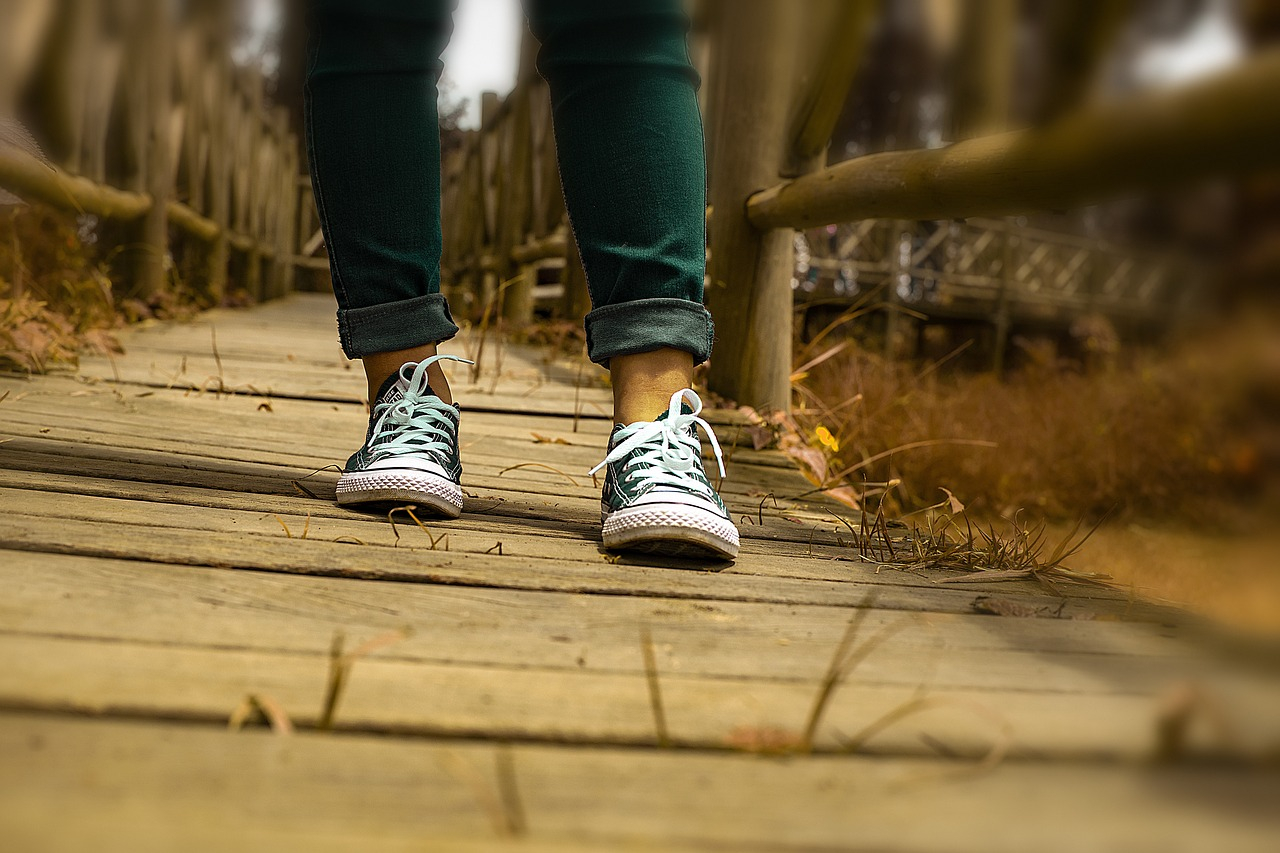Mathematical models predict early surge in flu cases for 2024
The spread of infectious diseases like influenza and COVID-19 has always posed significant challenges to public health systems. Predicting how and when these diseases will surge is crucial for preparedness and response efforts. A team of researchers from Canada and the United States has developed an advanced forecasting model that combines mathematics, machine learning, and various external factors, such as weather conditions, policy decisions, and movement data, to predict transmission patterns of infectious diseases. The model suggests that the United States could see a spike in flu cases earlier than usual in 2024, which could have significant implications for public health planning.
Rabies in Ontario - The silent threat of bat exposure
Rabies, a virus capable of causing severe damage to the brain and spinal cord, remains a significant public health concern despite advancements in medical treatments and public awareness. Recently, the death of a child from the Brantford, Ontario area has highlighted the ongoing risks of rabies, particularly in interactions with bats. The tragic case, which marks the first domestically acquired human rabies case in Ontario since 1967, underscores the importance of immediate medical response after any potential exposure to rabid animals.
The urgent need for more Indigenous professionals in Canada's health-care system
In recent years, alarming data has emerged regarding the life expectancy of Indigenous people in Canada. This data highlights deep-rooted inequities within the health-care system, a system that continues to fail Indigenous communities. Dr. Danièle Behn Smith, B.C.’s Deputy Provincial Health Officer for Indigenous Health, and other experts stress the urgent need for more Indigenous doctors, nurses, and decision-makers to address these systemic disparities.
Walking backwards: a step forward for senior health and balance
Walking is a fundamental exercise favored by many for its health benefits and simplicity. But an unconventional twist to this exercise—walking backwards—has been gaining attention for its unique benefits, especially among older adults. Experts like biomechanist Janet Dufek of the University of Nevada have studied its effects, revealing that this practice not only enhances muscle strength and flexibility but also improves balance, crucial for preventing falls in the elderly.
The impact of chronic stress on physical and mental health
Stress is an inevitable part of life, whether it’s the frustration of a morning traffic jam, the pressure of a looming deadline at work, or the emotional toll of caring for aging parents. While short-term stress can sometimes be beneficial, motivating us to meet challenges and adapt to new situations, chronic stress can have serious consequences for both physical and mental health. Research has shown that long-term stress can increase the risk of heart attacks, strokes, Type 2 Diabetes, and contribute to various mental health challenges.






 The consumption of ultra-processed foods is a growing concern worldwide due to its links to major health issues. From obesity
The consumption of ultra-processed foods is a growing concern worldwide due to its links to major health issues. From obesity Loneliness, a widespread and often unspoken issue, has been recognized as a significant public health concern. Research shows it can
Loneliness, a widespread and often unspoken issue, has been recognized as a significant public health concern. Research shows it can Cold water therapy, a practice gaining popularity among celebrities and athletes, is becoming a global trend. With promises of stress
Cold water therapy, a practice gaining popularity among celebrities and athletes, is becoming a global trend. With promises of stress

